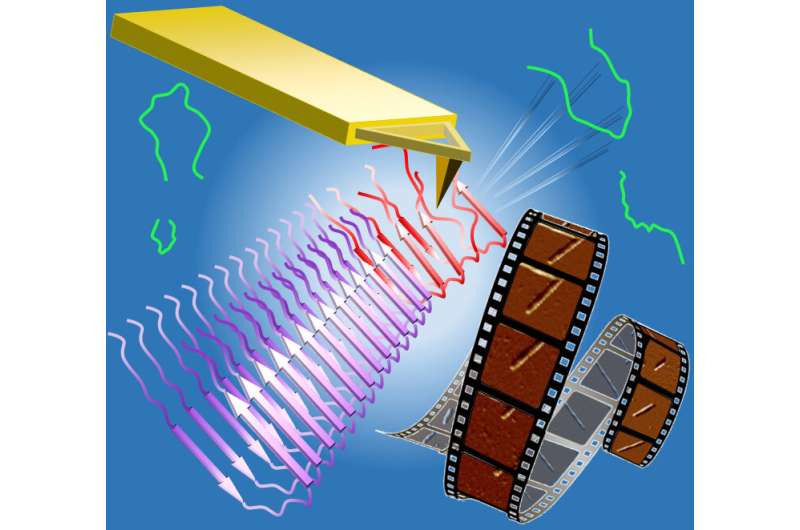
Progress on treating Alzheimer’s disease has been frustratingly slow. A group of scientists in Houston suggest frustration at a very small scale may lead to a new path toward treatment.
Researchers at…

Progress on treating Alzheimer’s disease has been frustratingly slow. A group of scientists in Houston suggest frustration at a very small scale may lead to a new path toward treatment.
Researchers at…